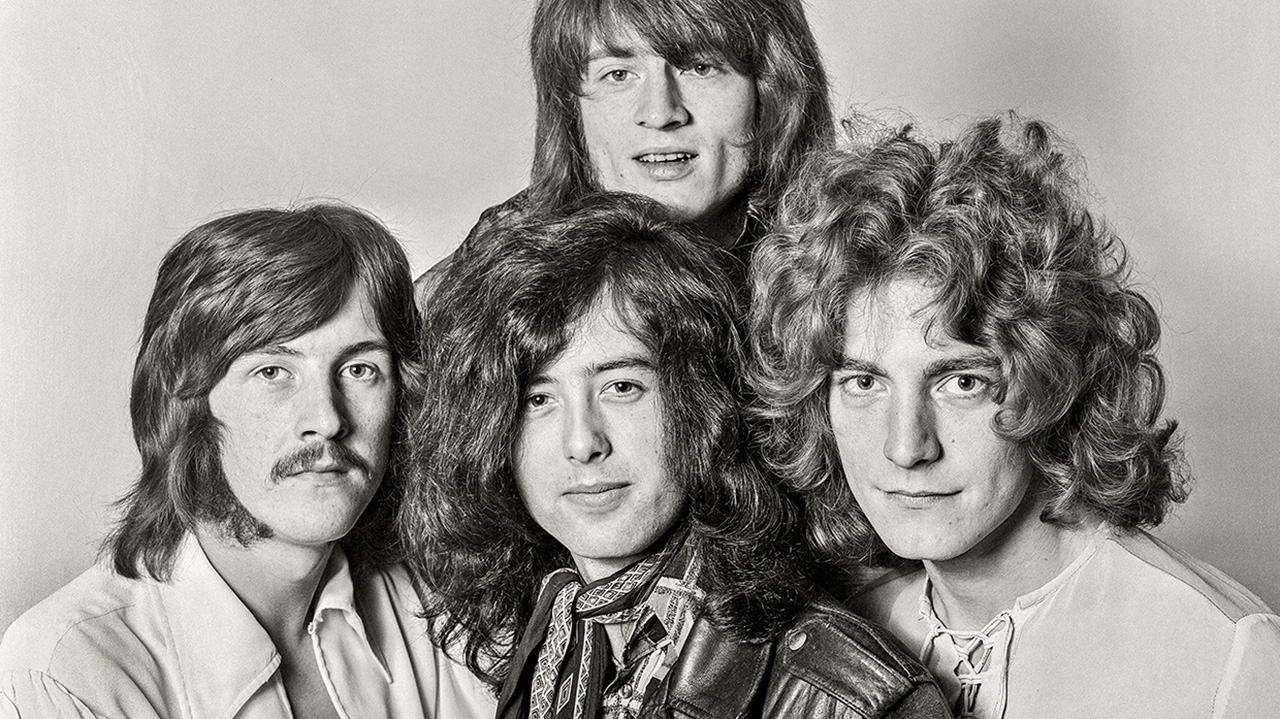Led Zeppelin have drawn the support of more than 100 artists in the Stairway To Heaven copyright case.
Last year, the US 9th Circuit Court Of Appeals cleared the way for the famous trial to return to court.
The band were originally accused of copying Spirit track Taurus, which was released three years before 1971’s Stairway To Heaven. The case centred on the descending chord sequence at the beginning of the Led Zeppelin song.
At the original 2016 trial, the jury found that Led Zeppelin did not plagiarise Taurus, ruling that it was not “intrinsically similar” to the opening of Stairway To Heaven. Jimmy Page and Robert Plant were cleared of the charge of plagiarism.
However, in September last year, a three-judge panel at the 9th Circuit Court Of Appeals found that the jury at the original trial were improperly instructed on a number of issues, resulting in the possibility of a second trial.
Led Zeppelin’s lawyers then lodged an appeal asking for a larger group of judges to rehear the case – and that request was granted, with a panel of 11 judges set to sit in San Francisco in September.
Now, Digital Music News report that a total of 123 artists including Korn, Tool, Judas Priest’s Rob Halford, Heart’s Nancy Wilson, Mike Shinoda of Linkin Park, Primus’ Les Claypool, Sean Lennon, the Nashville Songwriters Association International and the Songwriters Of North America have submitted an Amicus brief in support of Led Zeppelin.
We will therefore undoubtedly be affected by the outcome of this critically important case
Amicus briefs are legal documents filed in appellate court cases by people not involved in the lawsuit, but who have an interest in the subject matter.
The artists say that ruling in favour of Michael Skidmore, who originally brought the case on behalf of late Spirit songwriter Randy California, would harm the creativity of “the music industry in general” and would cause “excessive and unwarranted litigation” in the future.
The legal papers read: “We, whose music entertains and enriches the lives of countless people worldwide, will therefore undoubtedly be affected by the outcome of this critically important case.
“There was no evidence presented at the Led Zeppelin trial that the otherwise unprotected elements that appeared in Taurus were presented in such an original pattern or compilation as to garner copyright protection.
“After filtering out the generic elements or musical commonplaces identified in Taurus under the extrinsic test, what remains are two completely different songs.”
It continues: “Any artist who reads the opinion may very well fear that the – very common – use of any ‘descending chromatic scales, arpeggios or short sequences of three notes,’ or any elements in the public domain, could form the basis of an infringement action.”
Skidmore’s attorney, Francis A. Malofiy, has dismissed the artists’ filing, saying: “The brief is unimpressive and dull. It represents 123 songwriters out of roughly 500,000 – a whopping .02%! It’s really nothing more than a blast piece for the industry.”
The case is scheduled to take place next month.

